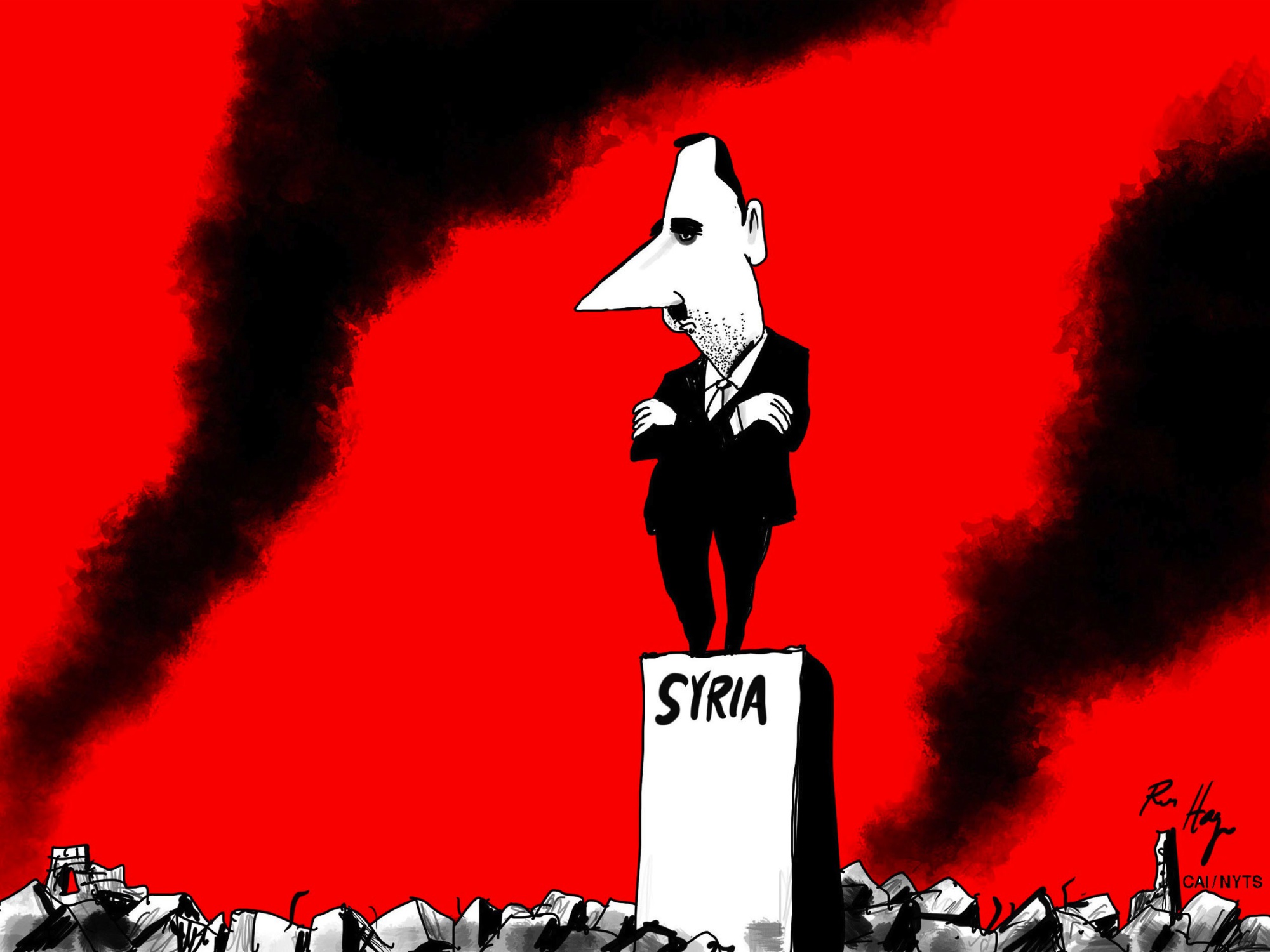As the civil war in Syria nears the six-year mark, the mounting death toll and constantly shifting military landscape is making a mockery of the diplomatic track. With yet another round of talks on the horizon — new United Nations-led discussions are scheduled to begin Feb. 23 in Geneva — it's worth asking why the conflict has been so intractable.
Syria's violence might have ended years ago had it not been for meddling by some of the very players now pushing hardest for a truce. Sergei Lavrov, the Russian foreign minister, conceded as much when he said in January that Damascus was 2-3 weeks from falling before Moscow intervened. Had rebels taken the Syrian capital, one of their key demands — the ouster of President Bashar Assad — would very likely have been met.
But it was not to be. Unlike in Libya, where French-led NATO action saved the revolution in March 2011, Iranian and Russian interventions in Syria — bolstered by armed non-state actors (both Sunni and Shiite) from Lebanon, Palestine, Iraq, Pakistan and Afghanistan — have saved the government.

















With your current subscription plan you can comment on stories. However, before writing your first comment, please create a display name in the Profile section of your subscriber account page.